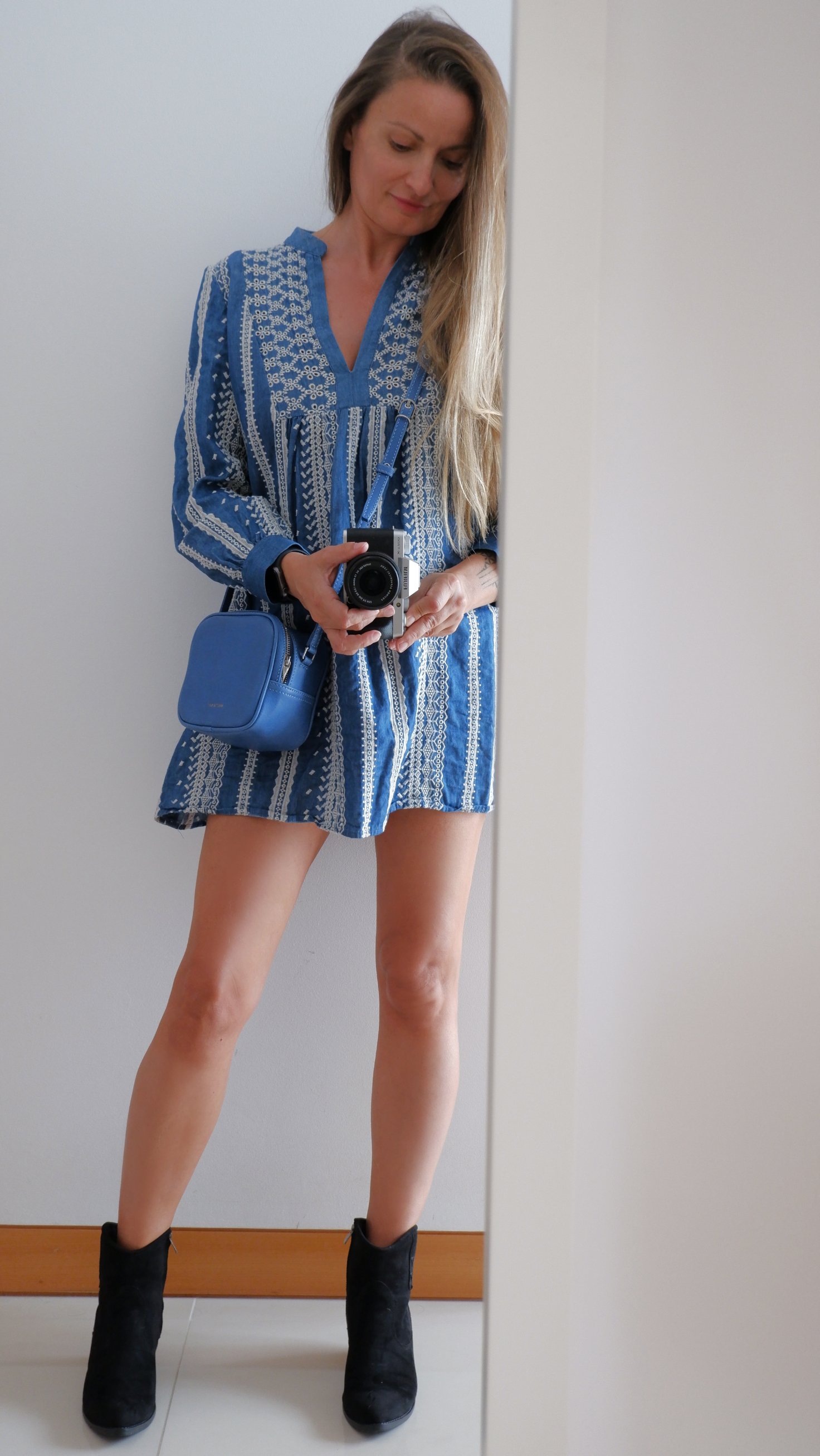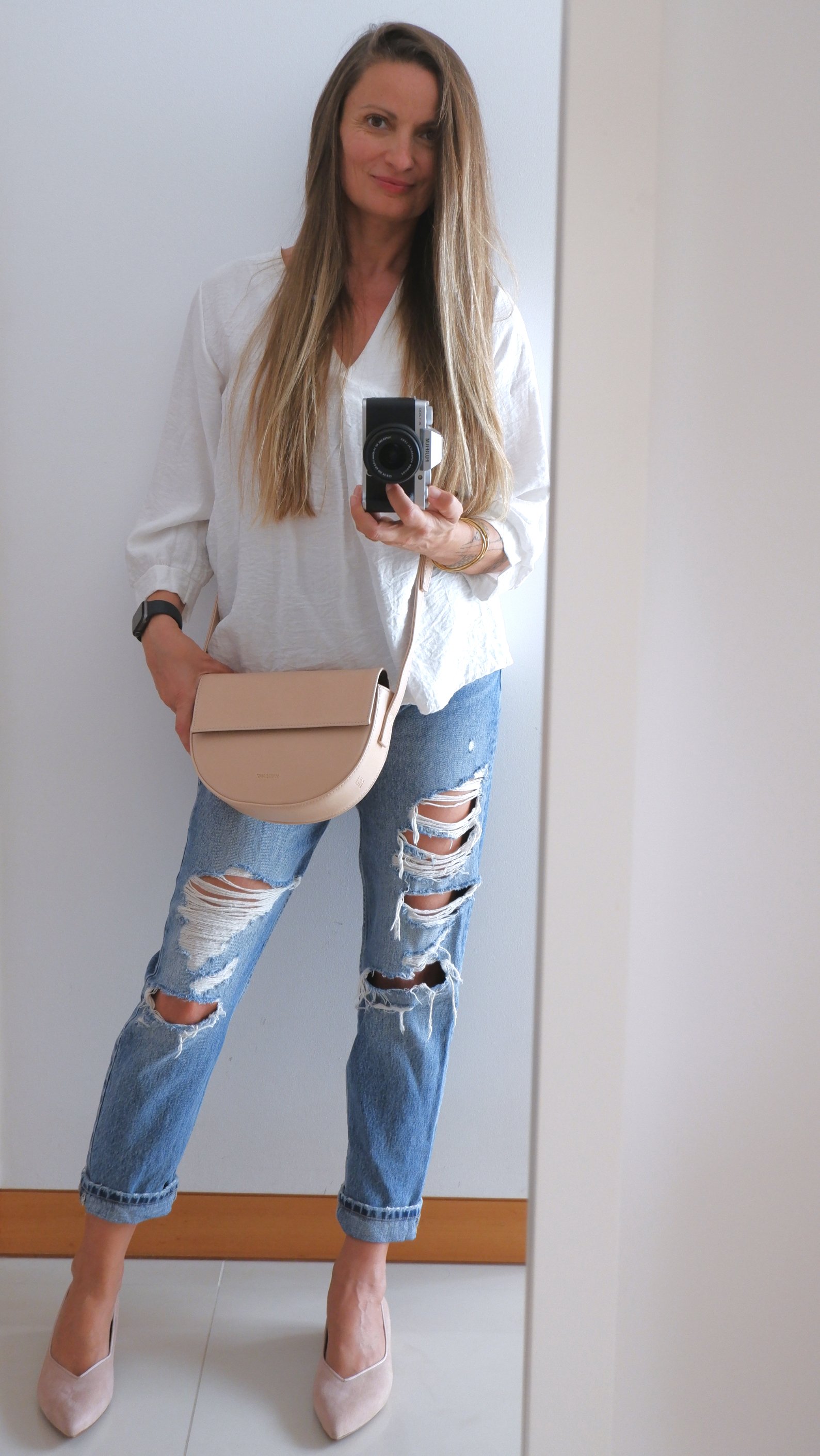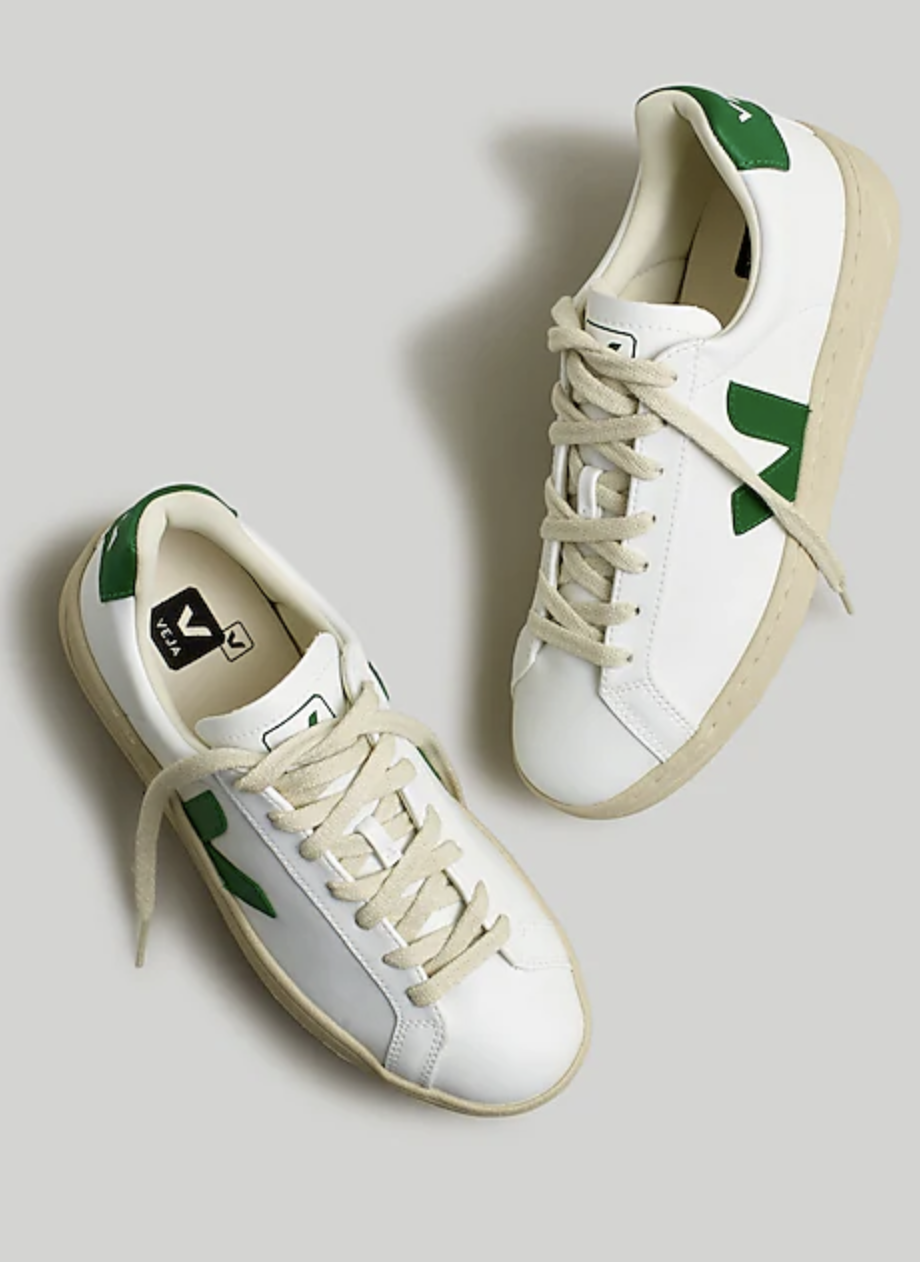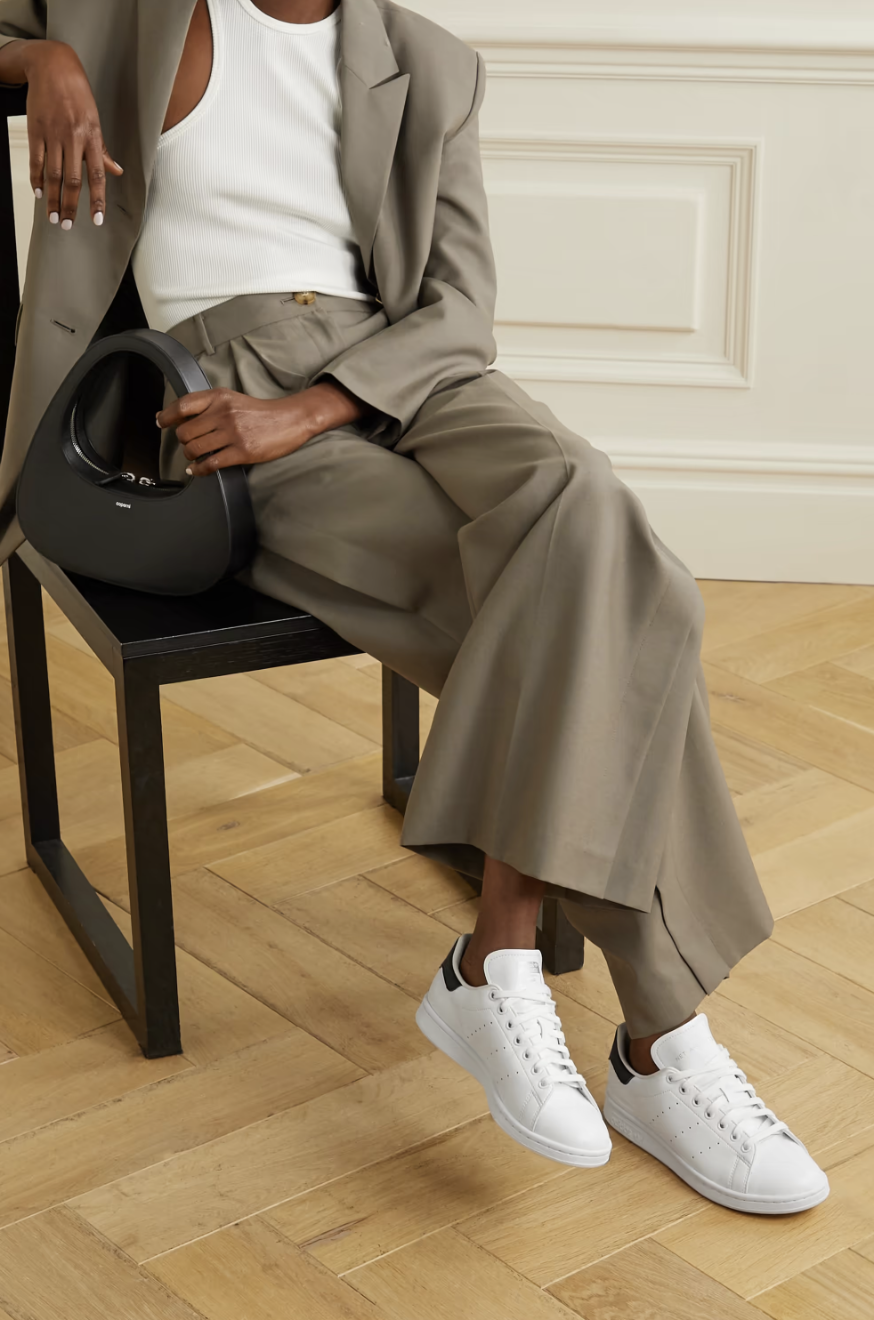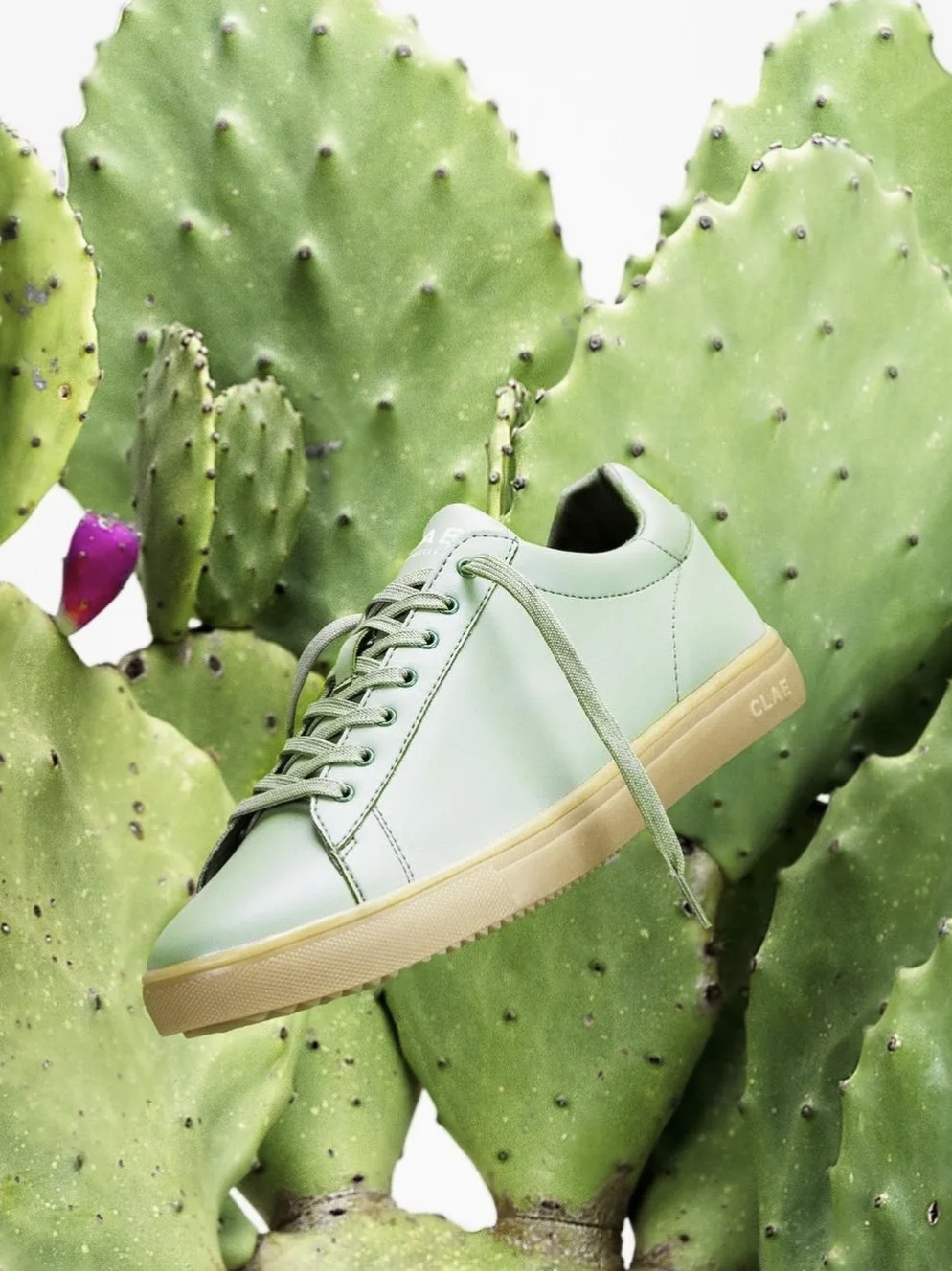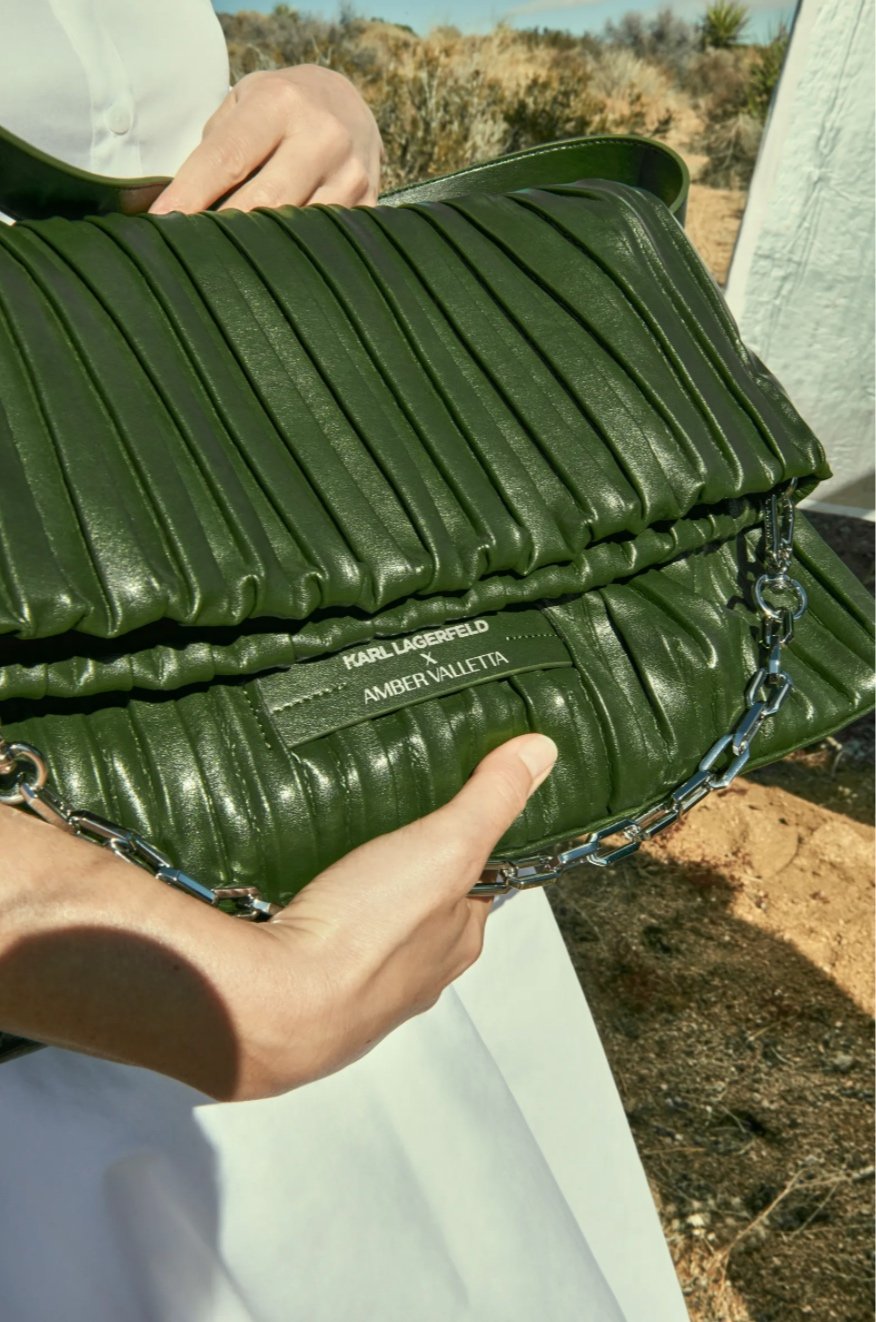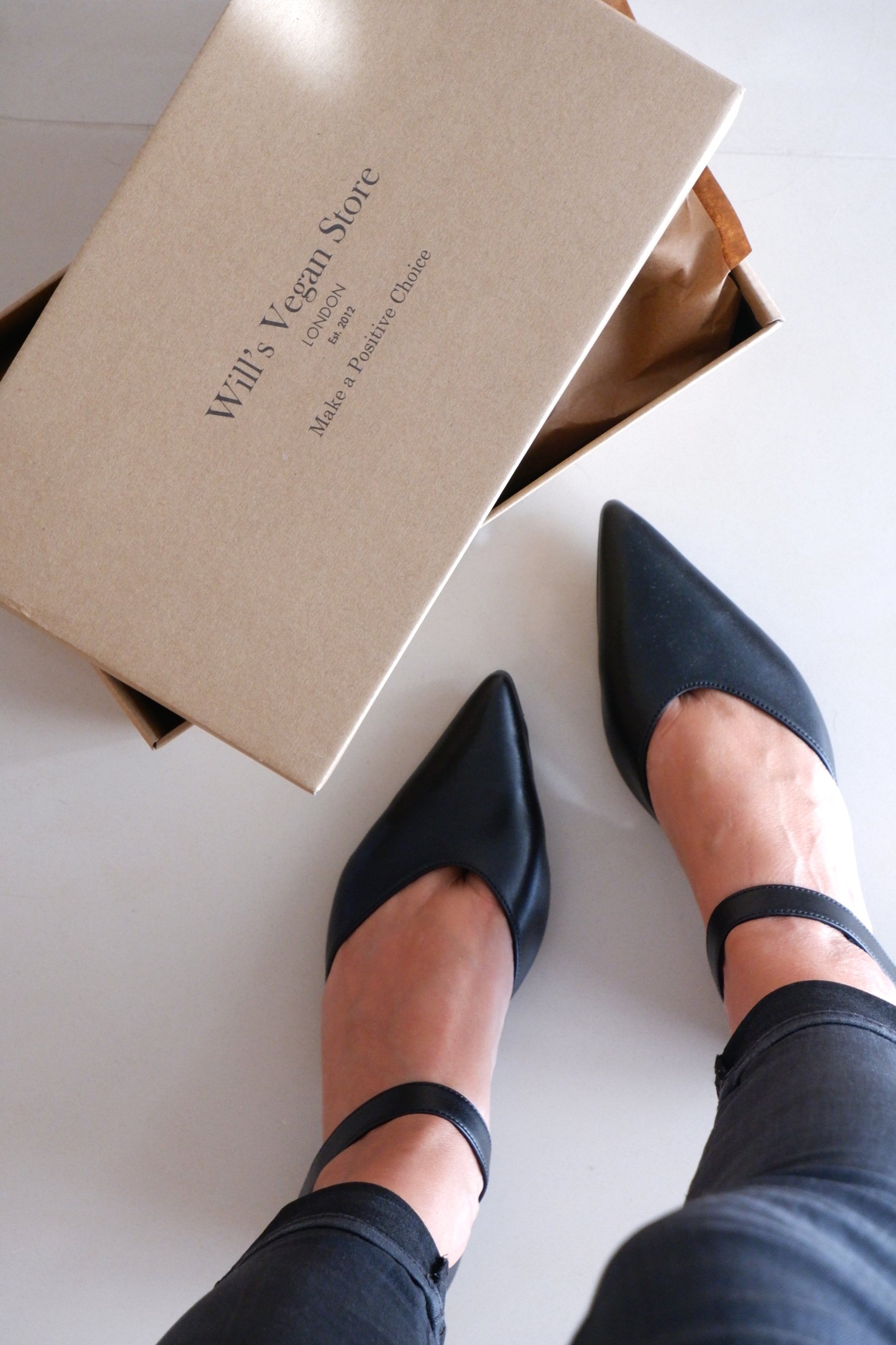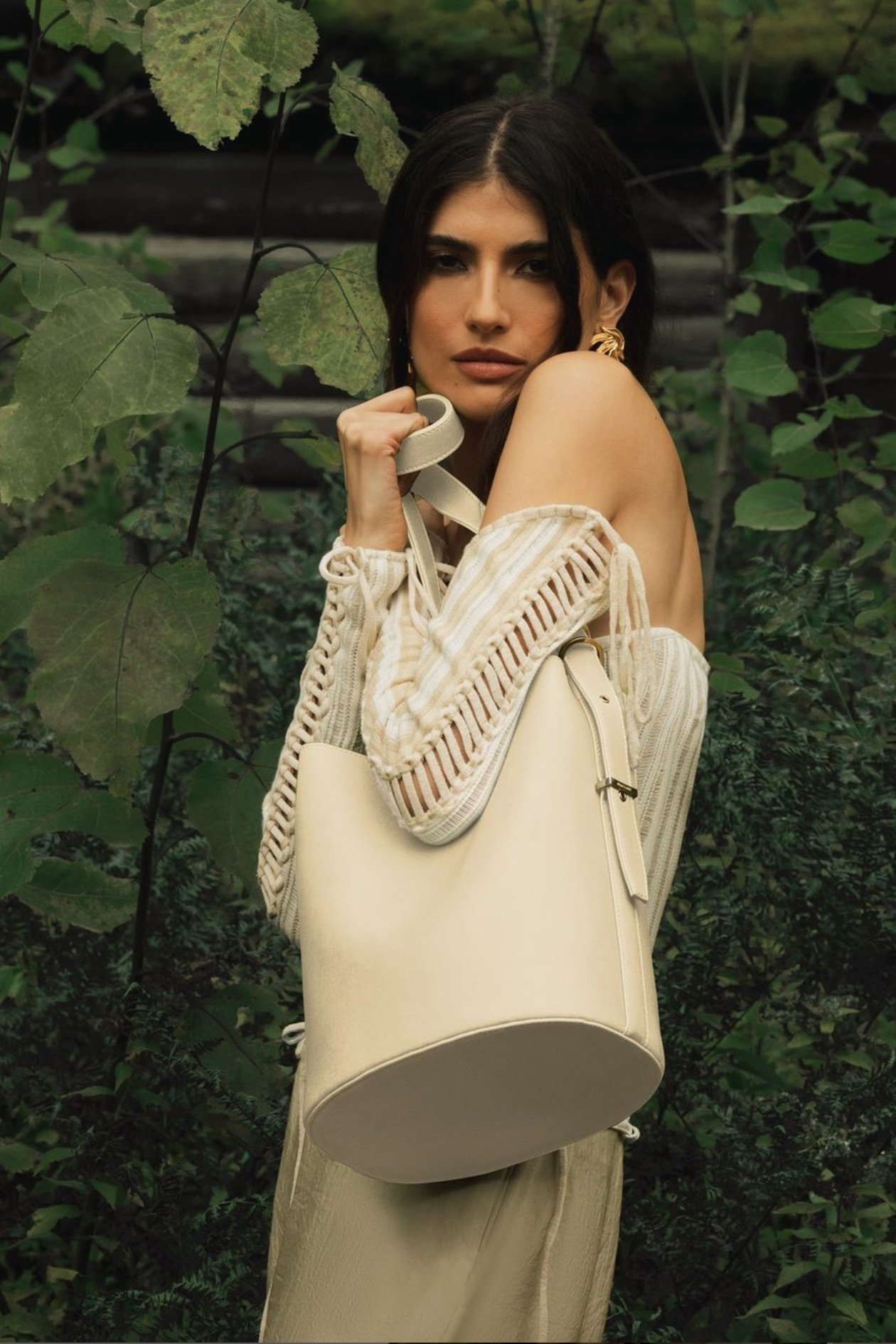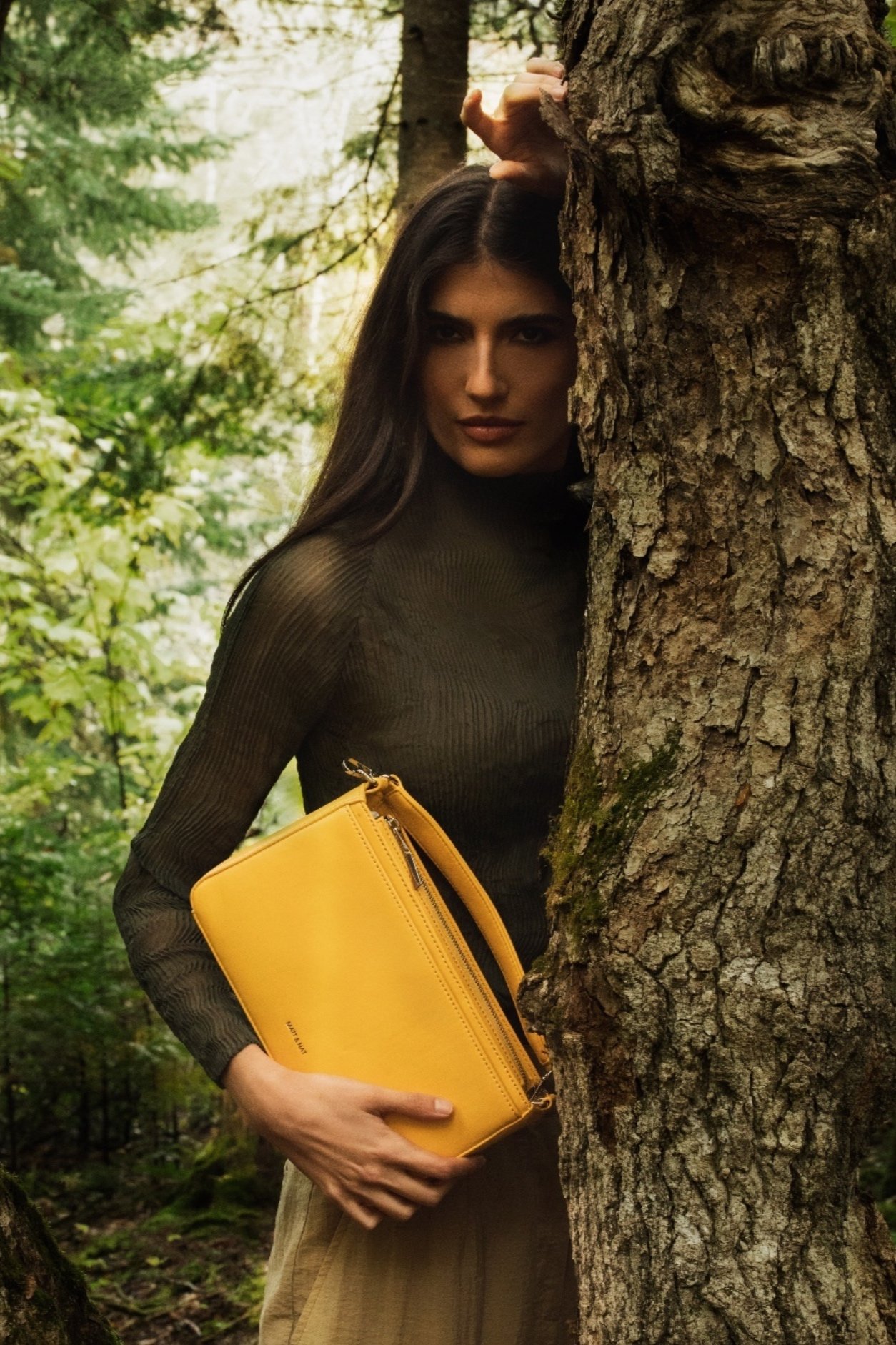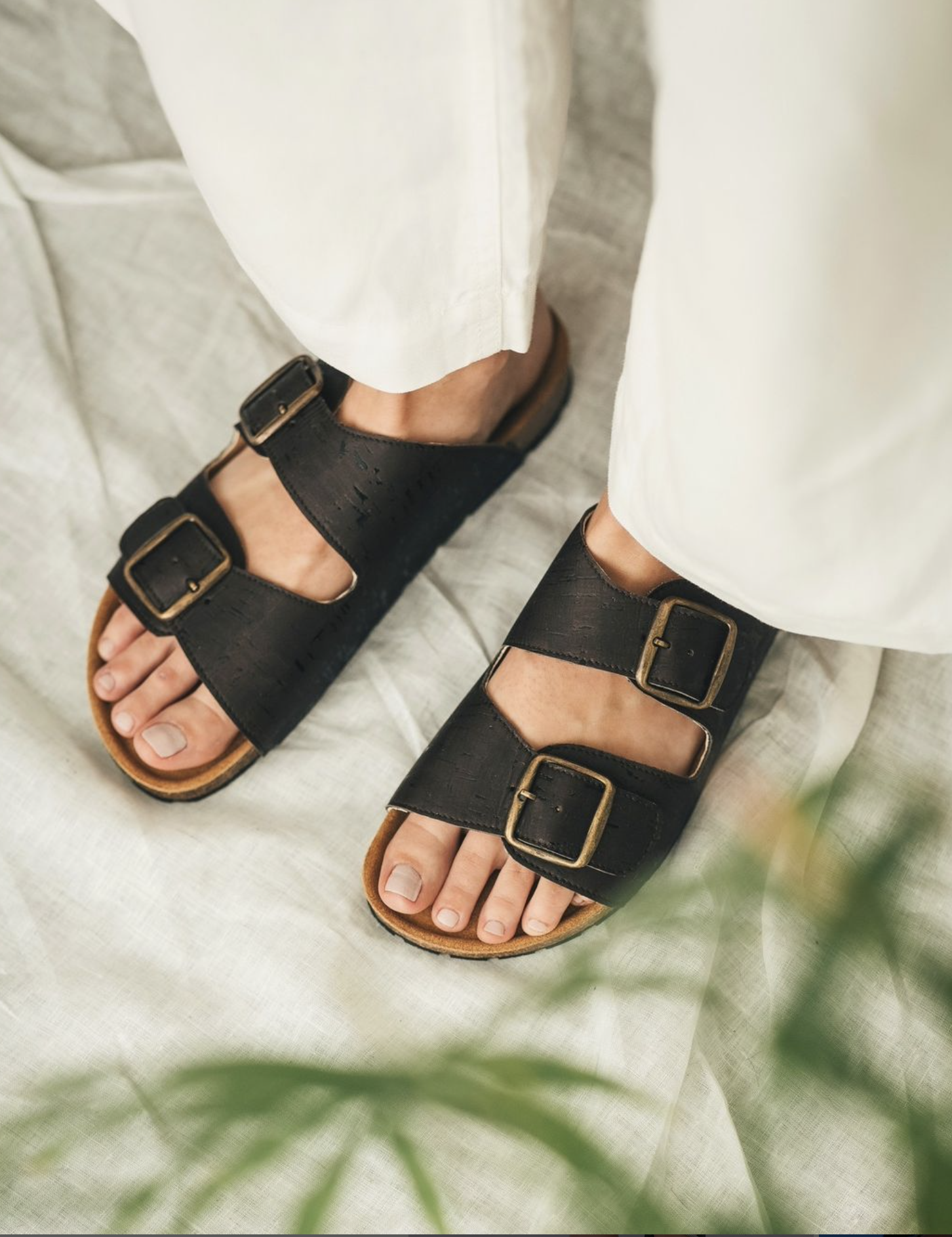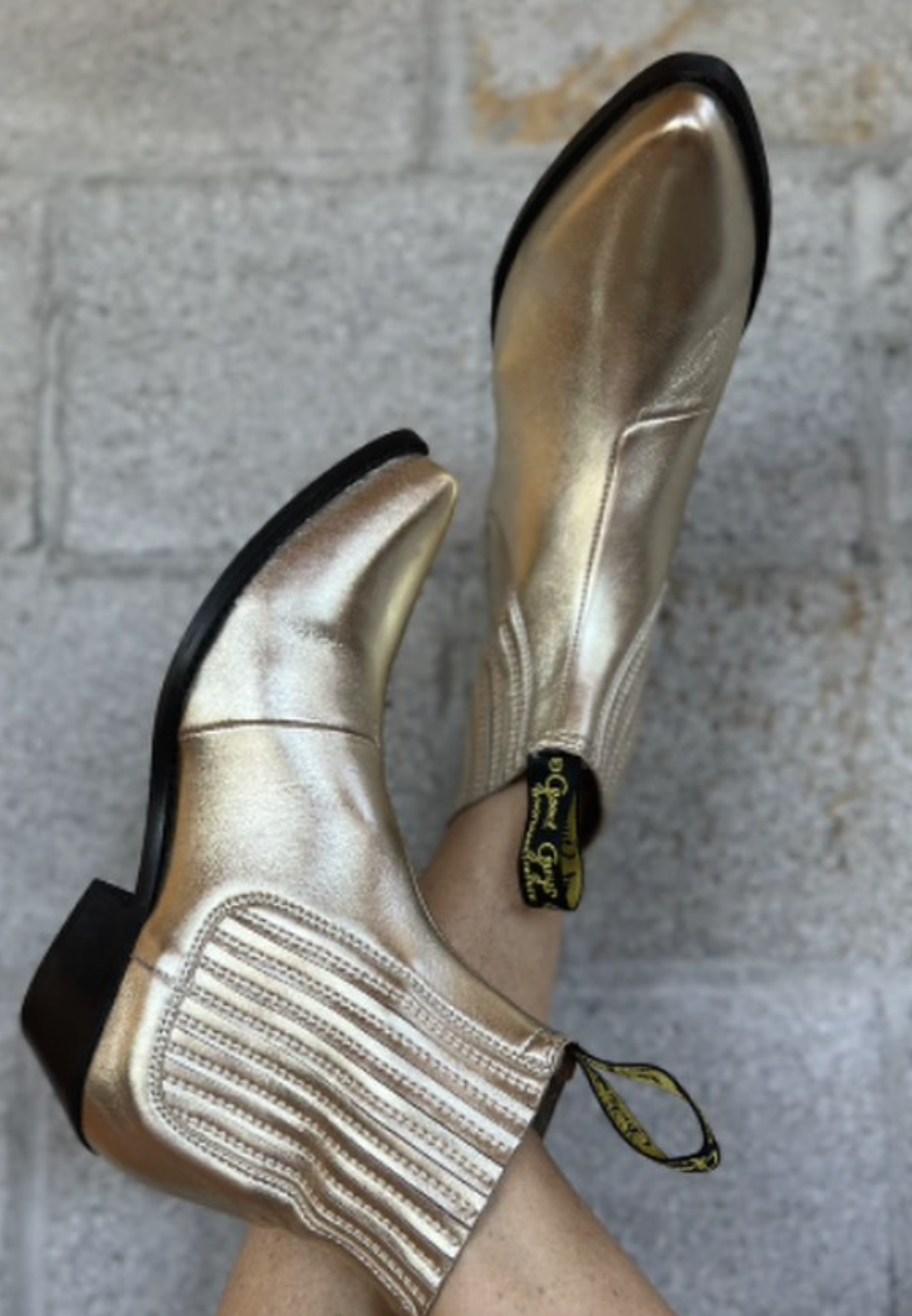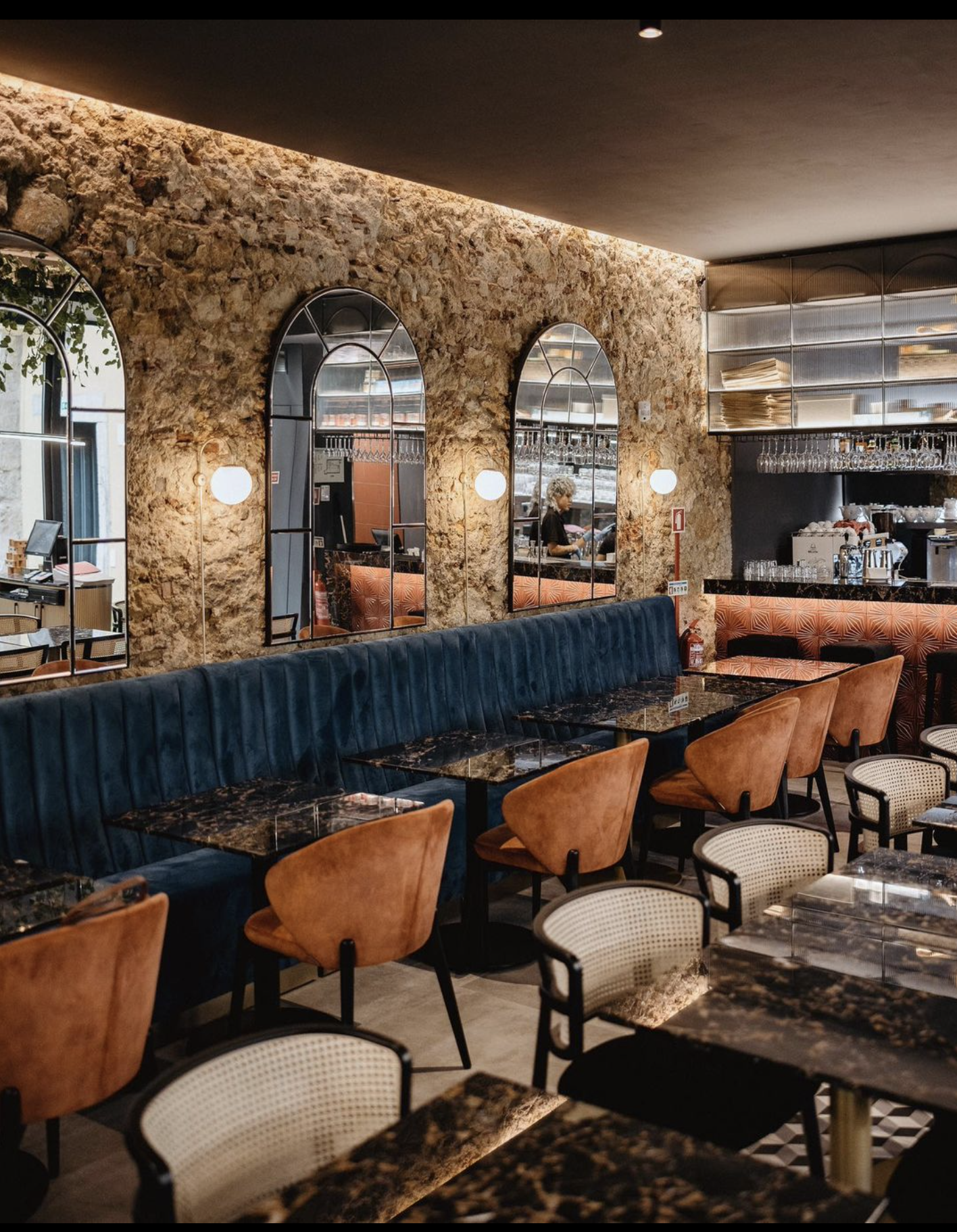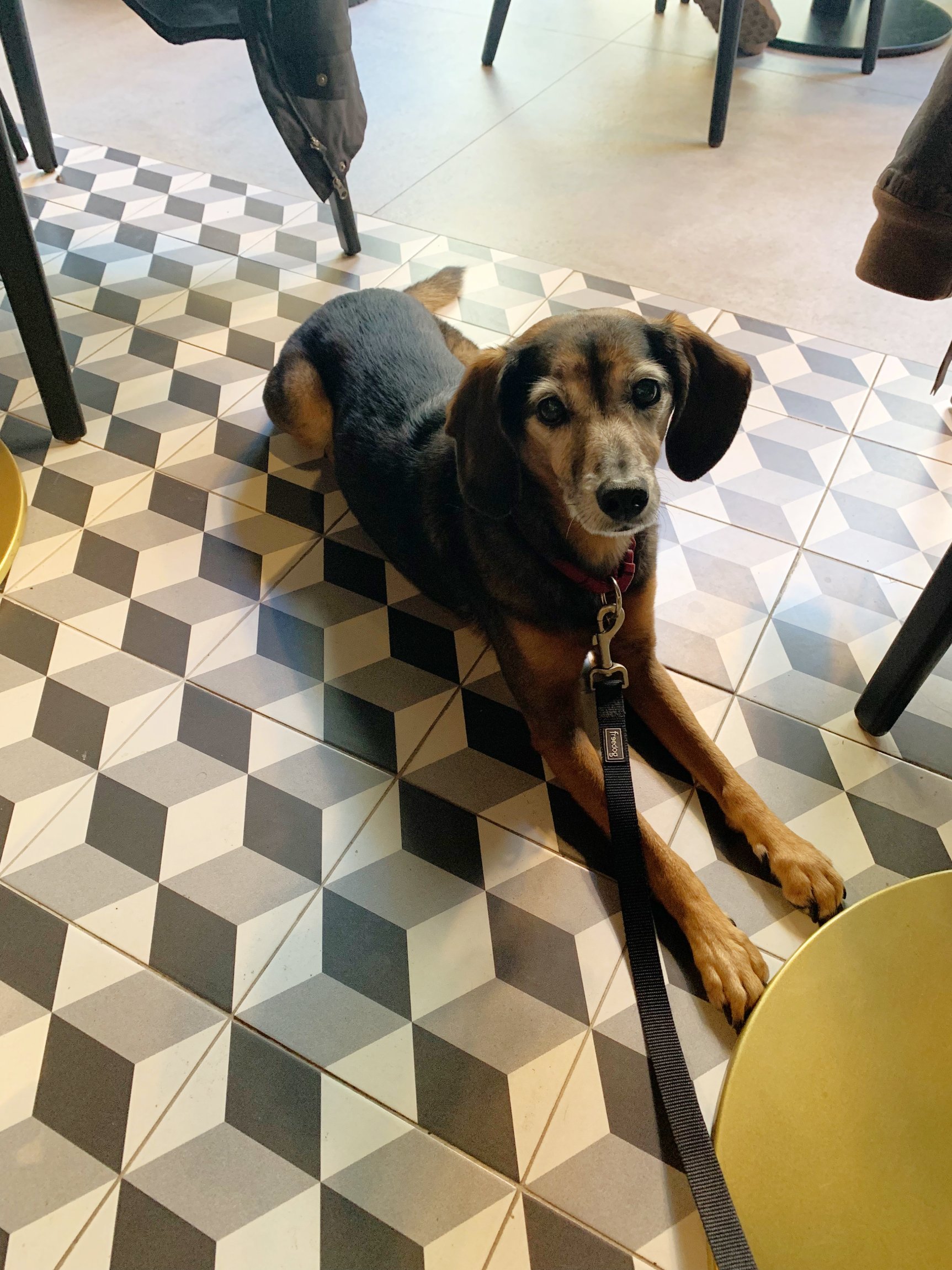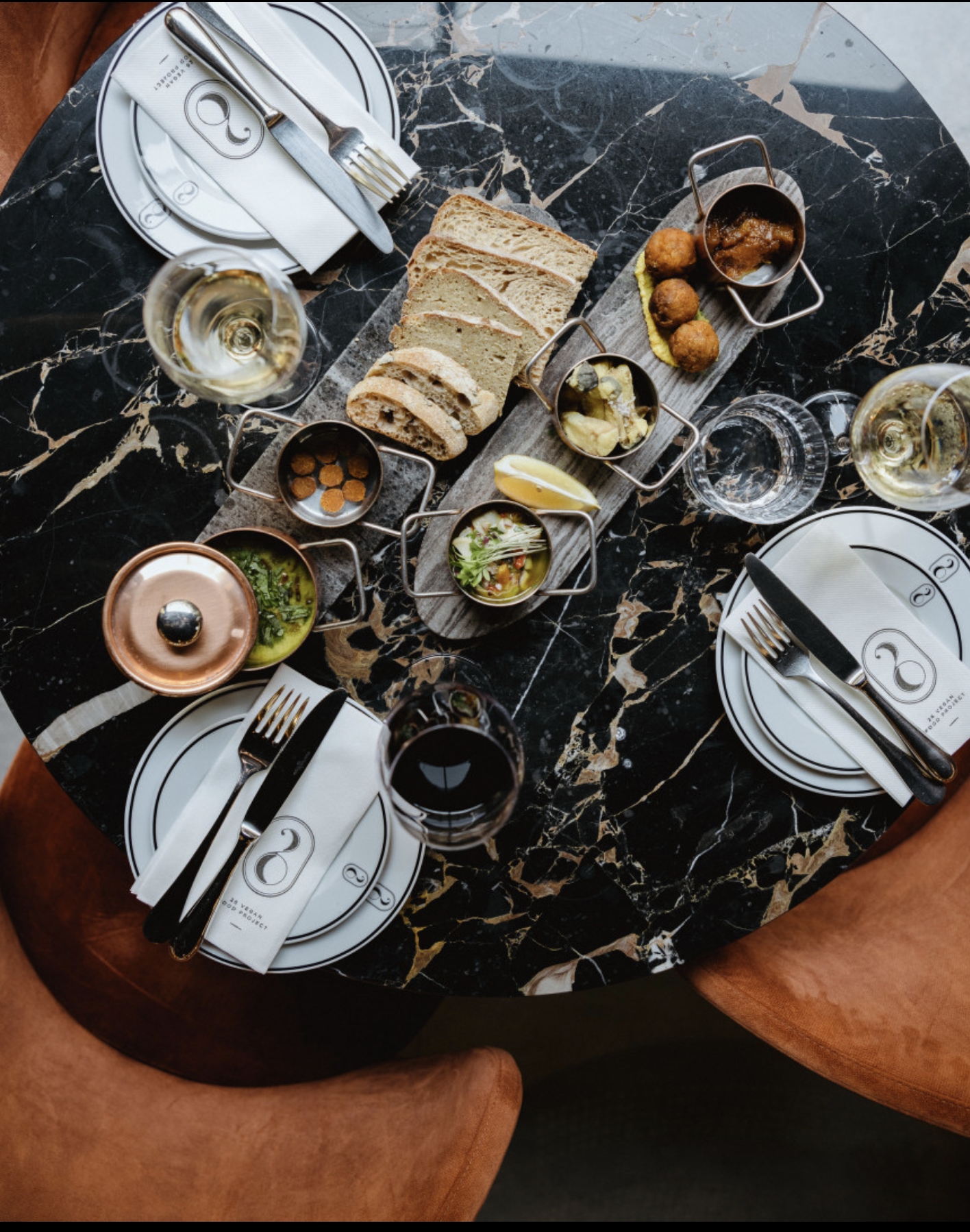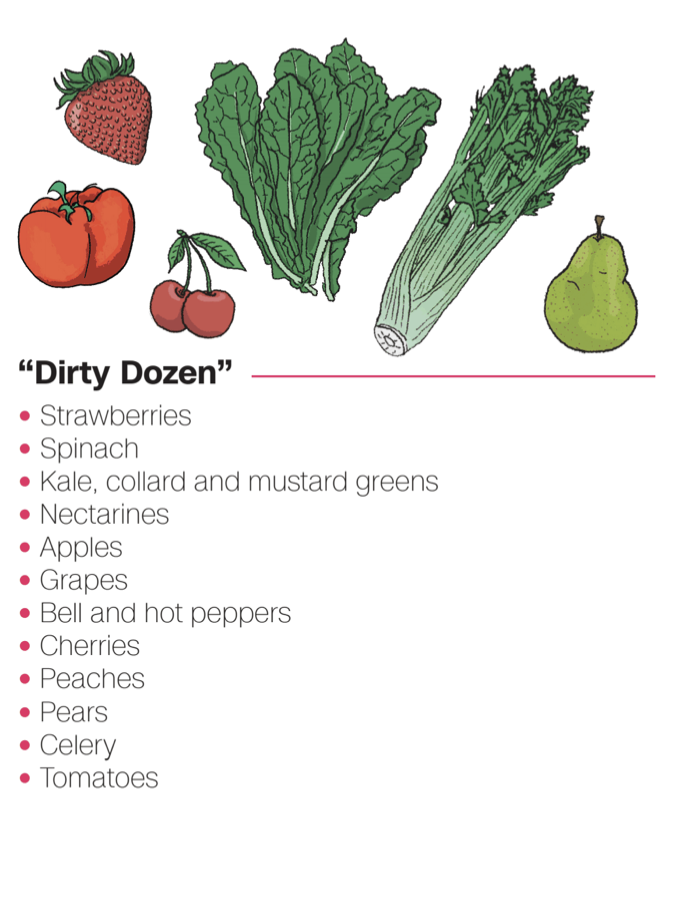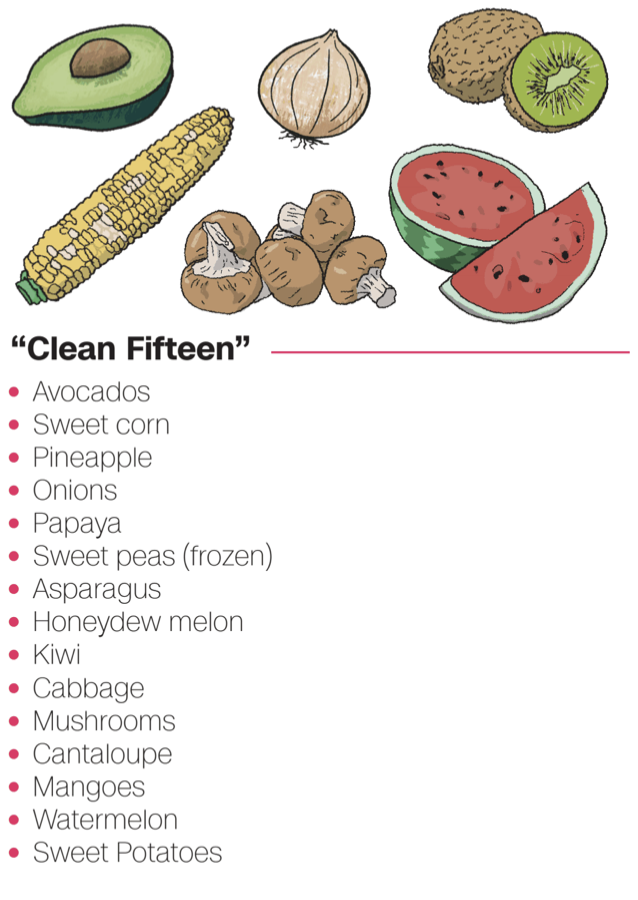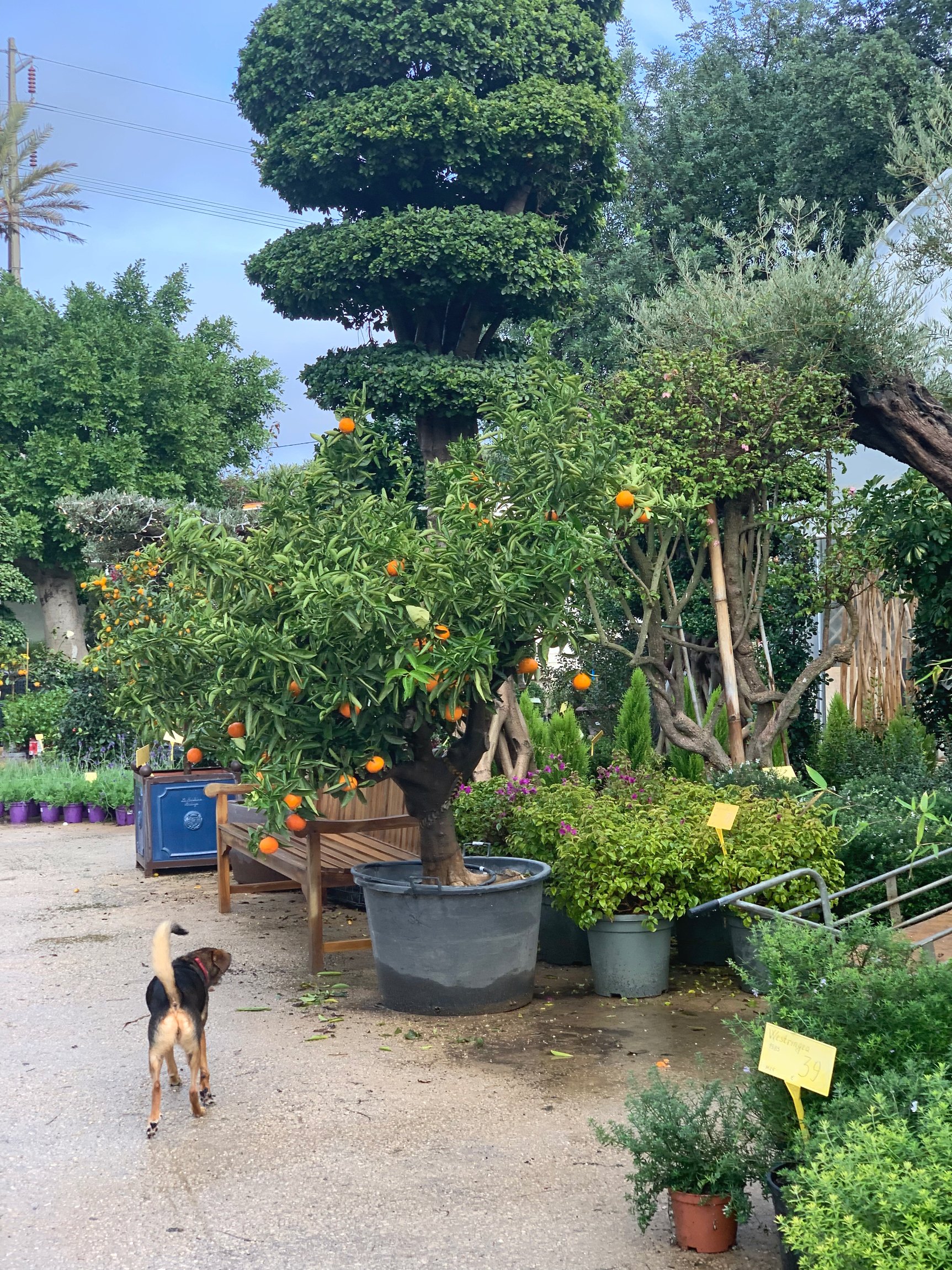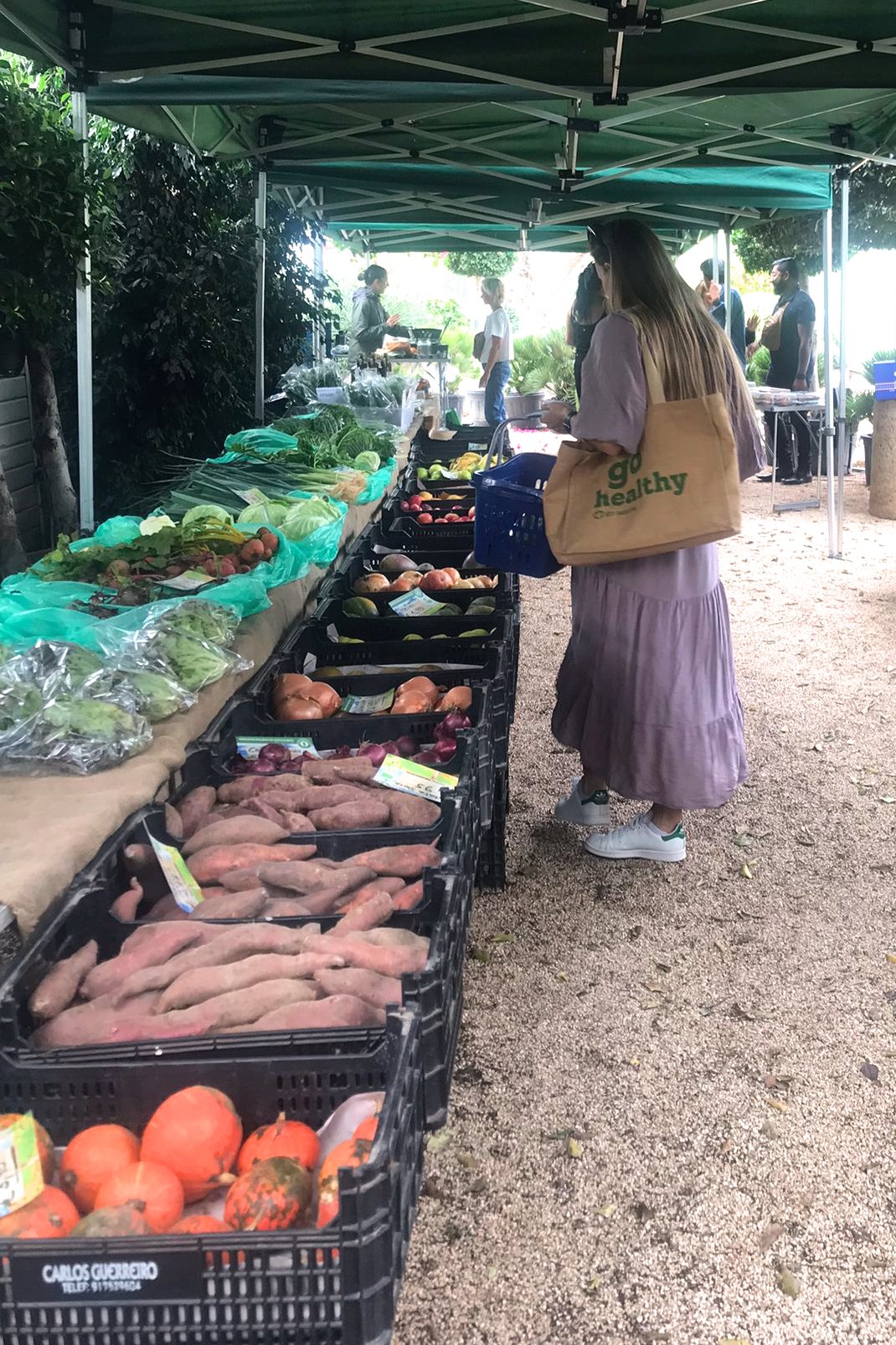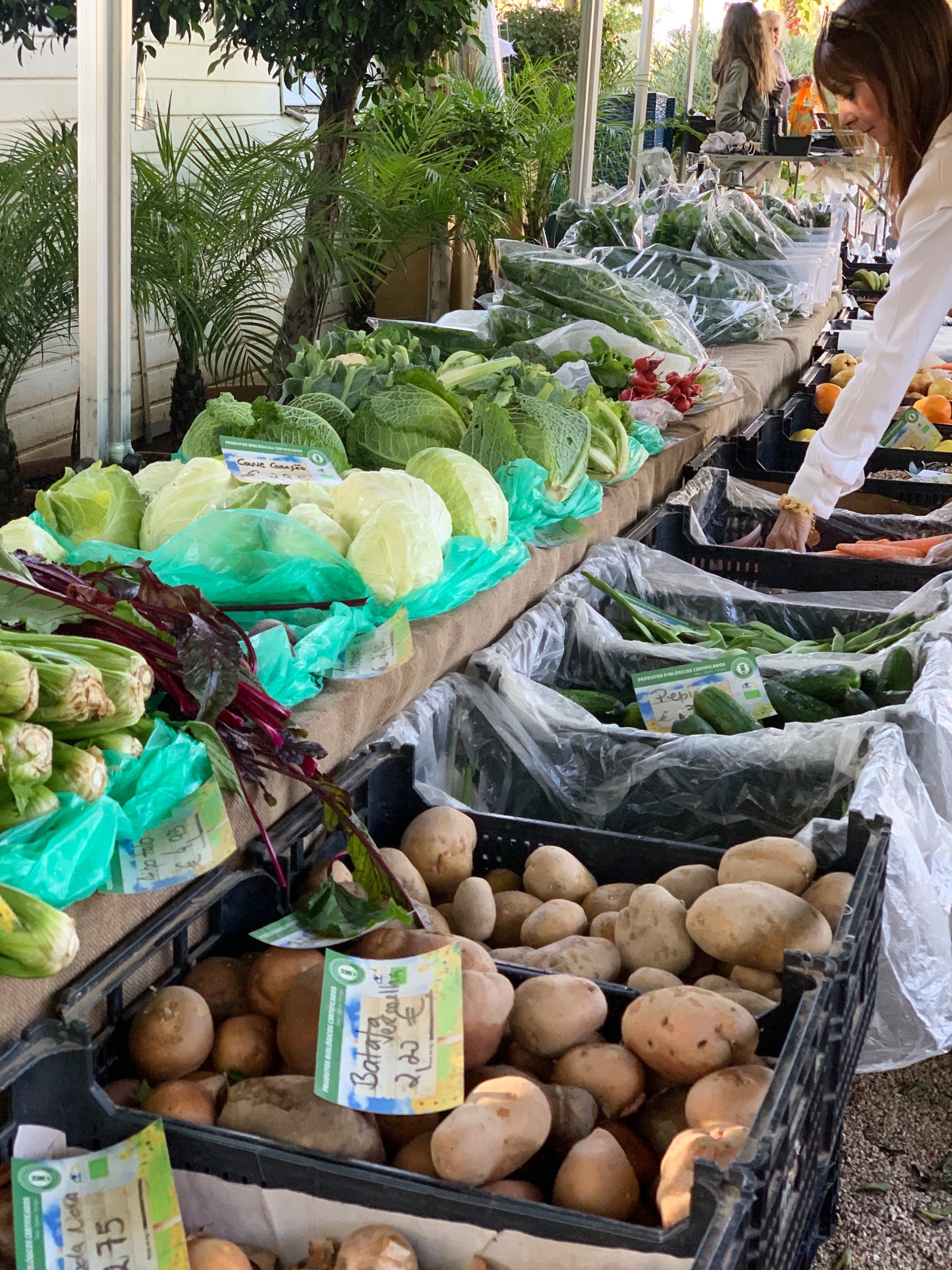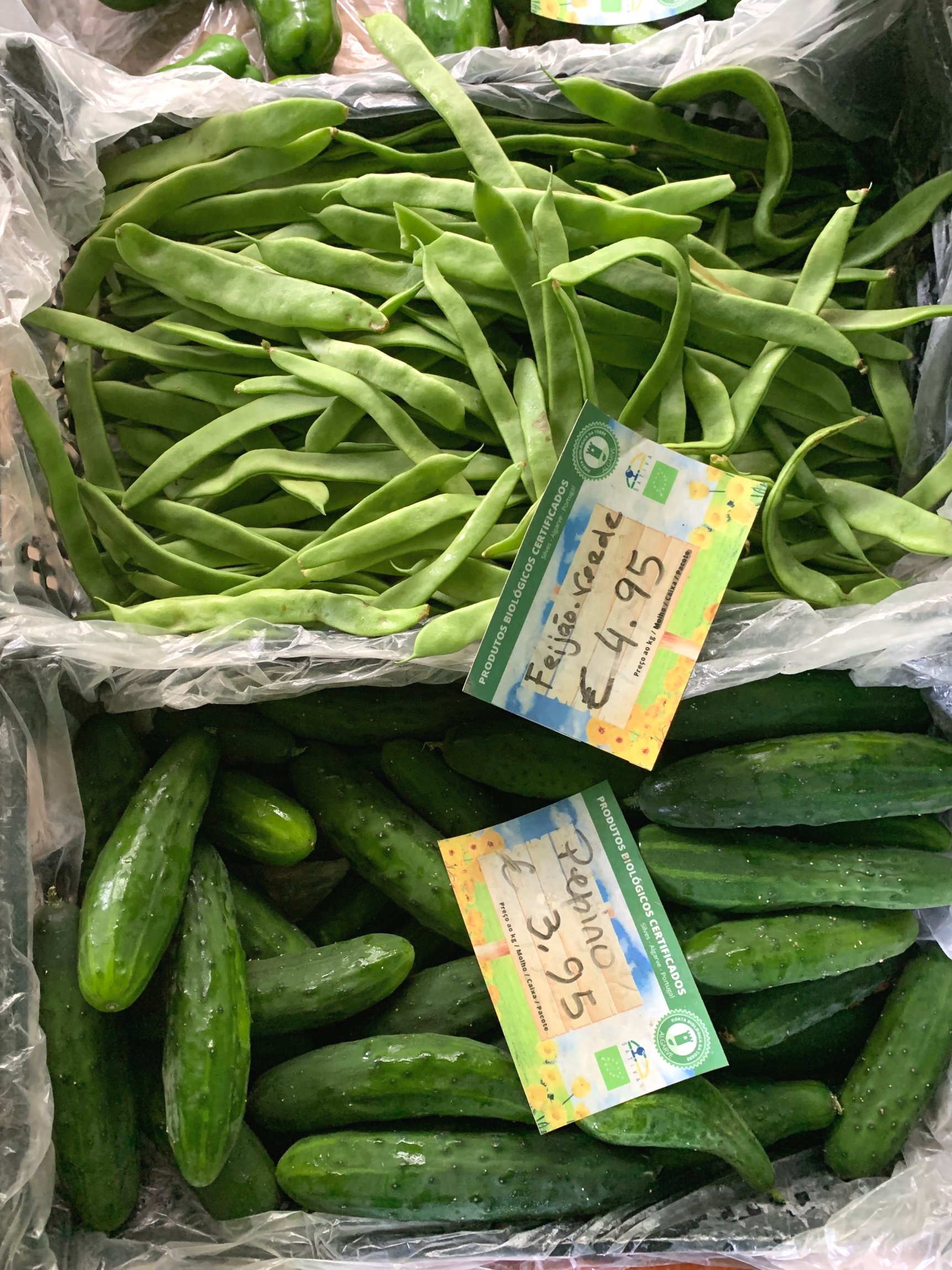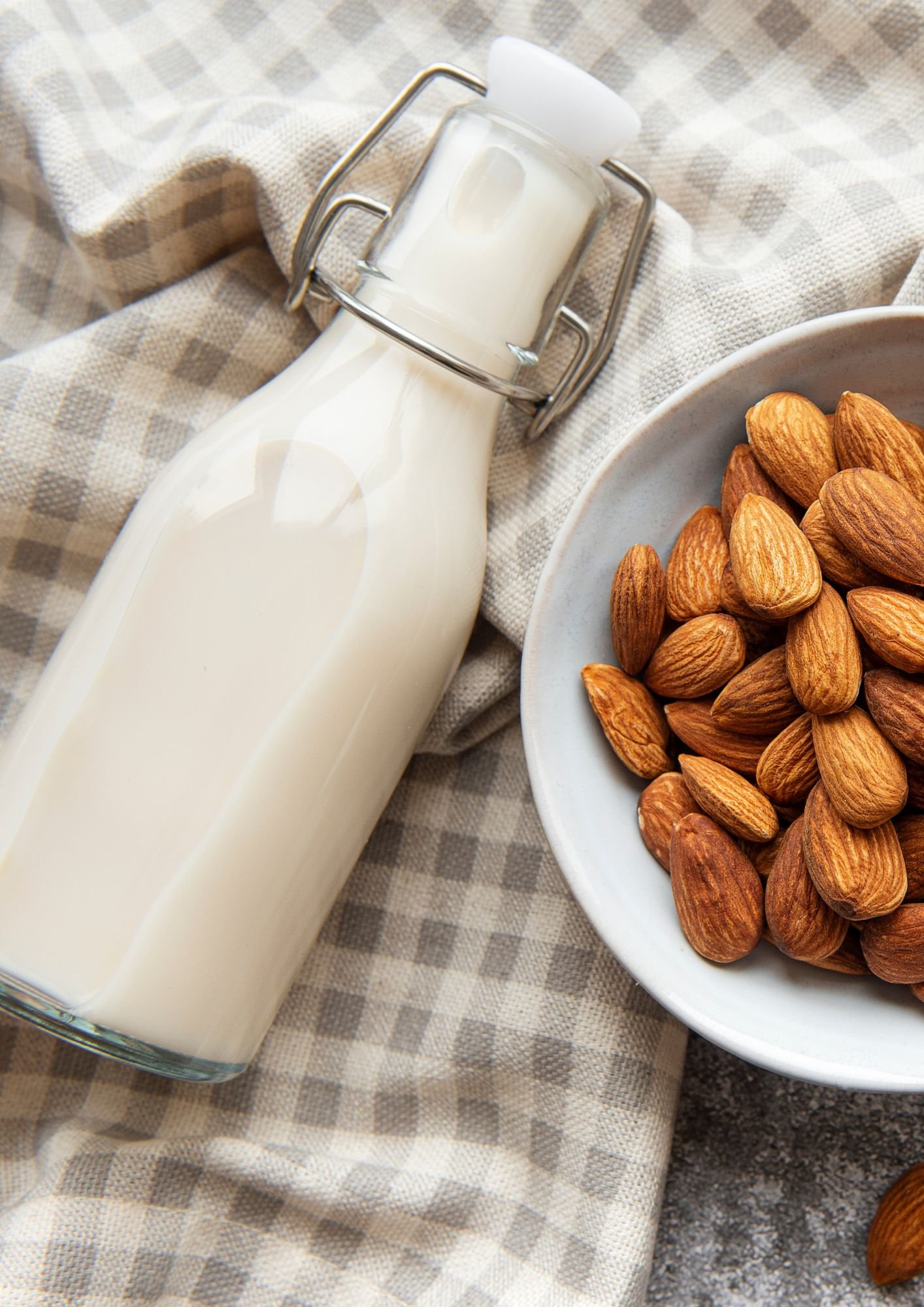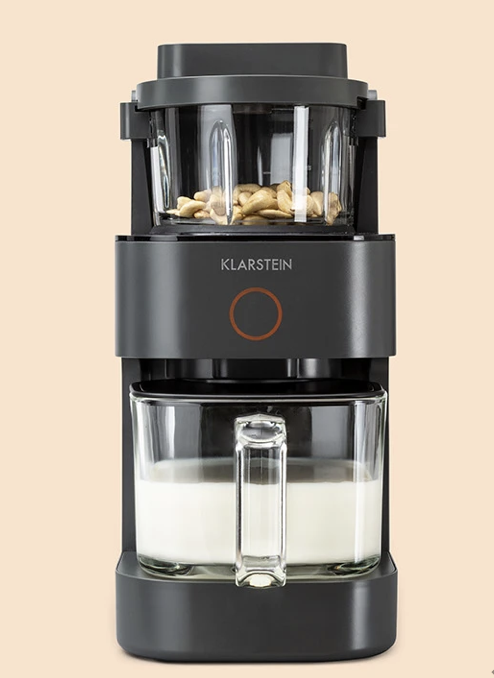Why Vegan leather + my favourite brands
/When I tell people I don't wear leather, the first thing they do is look at my shoes and bag, asking, 'Are those vegan?'. Most look surprised when I say yes.
When people think of vegan shoes and bags, they imagine something very alternative-looking or something made out of plastic. But thankfully, that is not the case, and it hasn't been for decades. Today, many vegan brands (and some non-vegan brands with a vegan line, such as Adidas, Veja, and many more) offer stylish bags, trendy trainers, dressy shoes, and biker boots. For a while now, vegan shoes and bags, such as those designed by Stella McCartney, can also be seen on fashion show runways.
Fashion show runways, or what is happening outside, prompted this post. As the Fashion Weeks are kicking off in Europe's fashion capitals, animal rights and sustainability activists are staging ever more creative protests against using materials such as fur, leather, and cashmere. They are trying to raise awareness of the unsustainable and often cruel practices used to make these materials, as most people are uninformed about these issues. This text is my contribution, focusing on the leather.
But why? Isn't leather a byproduct of the meat industry?
While a lot of leather is a byproduct of the meat industry, this is not always the case. Certainly not for exotic animal leather such as alligator, zebra, or snake; these animals are not killed for food but for their skin. Another example is soft leather, which comes from baby calves, often killed solely for their skin. Most leather comes from China and India, countries with non-existent animal welfare regulations. China is the leading global producer of leather, and there have been investigations into dogs and cats killed for their skin, deliberately mislabeled, and sold as something else.
Furthermore, leather production involves tons of polluting chemicals, endangering people who work in those facilities and polluting the planet. It uses a lot of water, much more than the alternatives. If you want to know more about the environmental hazards of leather production, here's a good article from Peta.
Types of vegan leather
Another common misconception is that vegan leather is made from synthetic materials. 'I'm sure your skin cannot breathe in those', I was told once. Or 'Are they then made out of plastic?' Ahhh, sometimes you just need to inhale and exhale before you explain to people we don't live in a either/or black-and-white world and welcome them in the 21st century. While sometimes shoes are made from recycled plastic bottles (like my new Adidas xParley Stan Smiths), which is an effort to recycle and use plastic waste, most vegan leather shoes are made from plant waste. Most leather alternative manufacturers today are concerned with creating a cruelty-free, breathable, durable, ecological, and sustainable product. And I can vouch for durability - vegan leather bags and shoes I've had for years still look almost brand new. Not all alternative leathers are also eco-friendly, but here is a list of those that are.
IMAGE: UNsplash
Piñatex - pineapple leather
Piñatex is vegan leather made out of fibre from the waste leaves of pineapple plants, so the raw material requires no additional environmental resources to produce. It was developed in the 1990s by Dr. Carmen Hijosa, whose goal was to bridge the gap between leather and petroleum-based leather alternatives.
Mylo - Mushroom leather
Mylo is made from mycelium, the root-like system of mushrooms. The mycelium used to make Mylo is grown in less than two weeks inside a state-of-the-art vertical farming facility powered by 100% renewable electricity.
Vegea - grape leather
Made in Italy using the waste from the wine-making process, such as grape skins, stalks and seeds left over, Vegea is another plant-based leather alternative. I love that the name comes from the combination of VEG (Vegan) and GEA (Mother Earth), which speaks to the founders' intention.
Desserto - cactus leather
Mexico-based company creating the world's first material made of Nopal cactus, also known as the prickly pear. The cacti are grown on a ranch in Mexico on a 14-acre cactus farm, which is fully organic and absorbs 8,100 tons of CO2 each year, as cactus is a natural carbon sink.
My favourite (vegan leather) fashion brands
For years, I have only been shopping European brands to avoid the carbon footprint of shipping something across the globe, so these are European brands with production in Europe. Some are from the UK but have their EU stores so you don't need to worry about customs if you are in the EU.
Will's Vegan
I love Will's for their dressy shoes, such as in the photos below, my latest acquisition. I also love their attention to detail - from the packaging to carbon-neutral delivery. London-based company with an EU shop, their shoes are made in Italy and Portugal. I love that they have return-to-recycle service, so your old shoes don't end up in a landfill. They also sell vegan bags, accessories and clothing.
I love their wallets and bags. They are beautiful, trendy, and so durable; none of my leather bags ever stood the test of time as my first Matt & Nat bag I bought almost a decade ago. They also sell clothing, footwear and accessories. UK-based, with an EU shop (phew).
Nae is a Portuguese brand I discovered in Lisbon years ago, even before I moved to Portugal. I love that now they have a shop in Chiado, and I can try things on - the downside of internet shopping is that you never know if something will fit well. I like their sandals and casual shoes.
Good Guys Don't Wear Leather (Now Good Guys Go Vegan)
Good Guys is a French brand I discovered when looking for simple white sneakers that are now, allegedly, Emma Watson's favourites;). Another fun fact - Ryan Gosling asked for vegan cowboy boots for the Barbie movie and wore the ones made by Good Guys. So, if you need a nice pair of cowboy boots, Good Guys make very cool ones;).
Bottom line
Buying sustainable and cruelty-free footwear, accessories, and clothes is not only a more conscious choice, but it can also be cool and chic. Every time we buy something, we support a business, and I prefer to support companies that are a part of the solution and not a part of the problem. This doesn’t mean you should never buy leather shoes again. It’s more about sometimes choosing alternatives.


